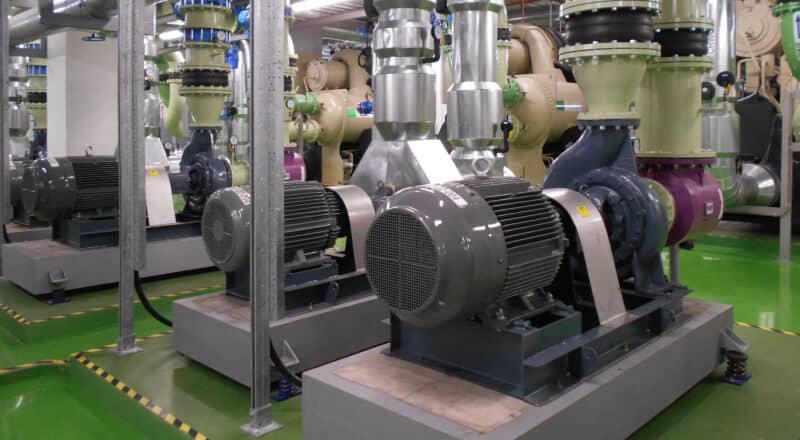The compressor industry has long been a cornerstone of various sectors, including manufacturing, energy, and transportation. Compressors play a pivotal role in converting mechanical energy into pressurised air or gas, enabling a multitude of applications ranging from refrigeration and air conditioning to pneumatic tools and industrial processes. As the world shifts towards sustainability and energy efficiency, the integration of electric motors into the compressor industry is gaining significant traction. In this blog post, we will delve into the transformative impact of electric motors on the compressor industry.
The Rise of Electric Motors
Electric motors have undergone remarkable advancements over the years, resulting in greater efficiency, reduced maintenance, and enhanced performance. These improvements have made electric motors an attractive option for the compressor industry, which traditionally relied on internal combustion engines or older mechanical designs. The unique characteristics of electric motors, such as high torque at low speeds and instant power delivery, align well with the demands of compressors.
Benefits for the Compressor Industry
1. Energy Efficiency: One of the primary advantages of electric motors is their superior energy efficiency. Unlike internal combustion engines, electric motors have a high efficiency even at partial loads, leading to reduced energy consumption and operational costs. This shift aligns with global efforts to minimize carbon footprints and maximize resource utilization.
2. Reduced Emissions: Electric motors produce zero tailpipe emissions, contributing to cleaner air quality and a healthier environment. This shift is particularly significant in applications such as refrigeration and air conditioning, where traditional systems rely on refrigerants with high global warming potential.
3. Lower Maintenance Costs: Electric motors have fewer moving parts compared to internal combustion engines, leading to reduced wear and tear and lower maintenance requirements. This translates to longer operational lifespans and less downtime, ultimately increasing productivity and profitability for businesses relying on compressors.
4. Quiet Operation: Electric motors operate much more quietly than their internal combustion counterparts. This is especially crucial in settings where noise pollution can be a concern, such as residential areas or indoor industrial environments.
5. Precision and Control: Electric motors offer precise control over speed and output, enabling compressor systems to adapt quickly to varying demands. This fine-tuned control not only enhances overall system performance but also allows for better integration with smart and automated systems.
Challenges and Considerations
While the integration of electric motors into the compressor industry holds immense promise, there are challenges that need to be addressed:
1. Infrastructure: Widespread adoption of electric motors requires an adequate charging infrastructure, especially for portable or mobile compressor applications. Businesses need to consider the availability and accessibility of charging points.
2. Initial Costs: Electric compressors may have a higher upfront cost compared to traditional alternatives. However, this cost can often be offset by long-term savings in energy consumption and maintenance.
3. Battery Technology: Electric compressors often rely on battery technology for portable or off-grid applications. Continuous advancements in battery technology are crucial to improving the runtime and overall performance of these systems.
Conclusion
The compressor industry stands on the cusp of a transformation driven by electric motors. As the world seeks greener and more sustainable solutions, the integration of electric motors into compressors aligns perfectly with these goals. With benefits ranging from energy efficiency and reduced emissions to lower maintenance costs and precise control, electric motors are reshaping the landscape of the compressor industry. As technology continues to advance and infrastructure develops, electric compressors are set to become the new norm, powering a wide range of applications and industries towards a cleaner and more efficient future.


